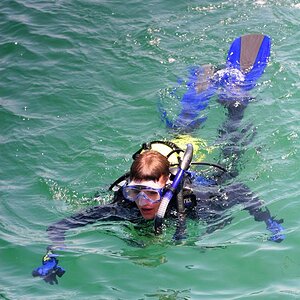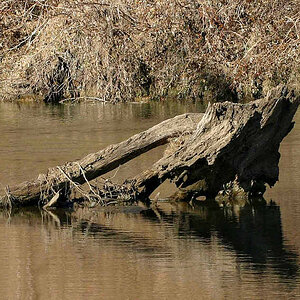nickzou
No longer a newbie, moving up!
- Joined
- Jun 12, 2011
- Messages
- 593
- Reaction score
- 40
- Location
- Ottawa
- Can others edit my Photos
- Photos NOT OK to edit
Do you guys shoot RAW or JPEG? Maybe it's just because I have a modest SD card but it seems impractical to shoot RAW at a sport event. Also, I did read the Ken Rockwell article. He doesn't seem to like RAW all that much in general though so his opinion might be bias.


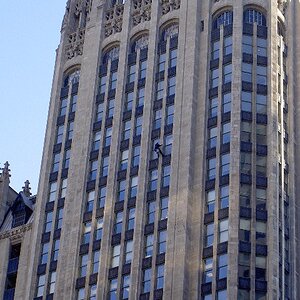
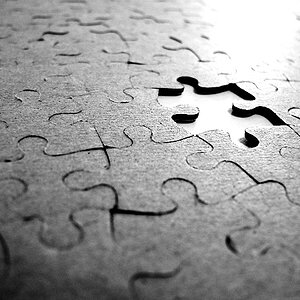
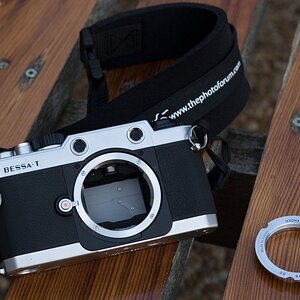
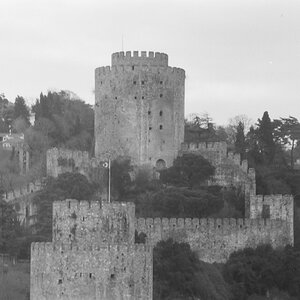
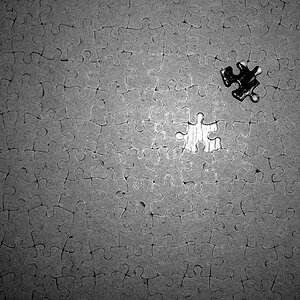
![[No title]](/data/xfmg/thumbnail/41/41758-1a91d93383c843959cb160b7ac7e762e.jpg?1619739883)
![[No title]](/data/xfmg/thumbnail/39/39419-5d4fd8535ab4f6e01caa38b72bf396e0.jpg?1619739023)
![[No title]](/data/xfmg/thumbnail/42/42458-8274869c9294d2f0655f80c8f0e6048c.jpg?1619740191)
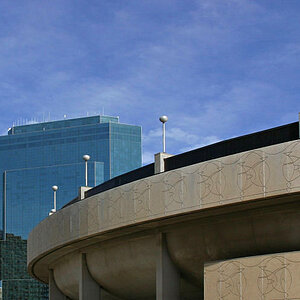
![[No title]](/data/xfmg/thumbnail/41/41759-f0f73c457ebcb6dabcbddc7a3c000487.jpg?1619739884)
